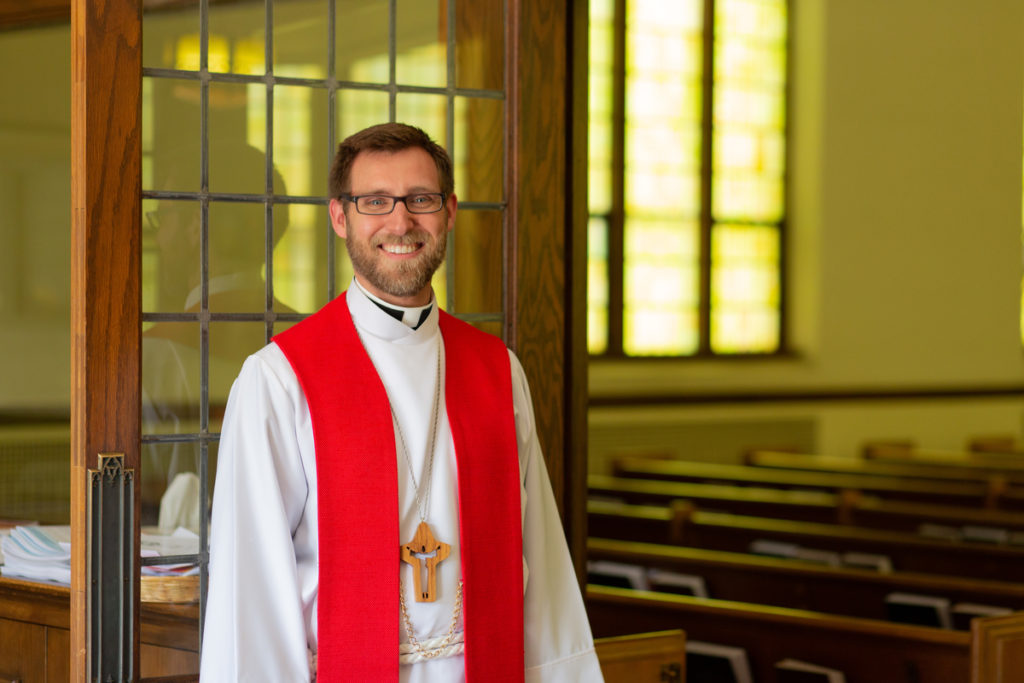There is a question I have asked several times, but I have been unable to get an answer. The question is this –
How can the ELCA say that 2019 is the tenth anniversary of LGBTQIA+ persons’ being able to serve freely in the church when what was actually voted on and approved at the 2009 Churchwide Assembly was only the ordination of persons in publicly accountable, life-long, monogamous same gender relationships?
Recently I was sitting at a table during lunch with several pastors from the synod in which I have been rostered since retiring. When I realized that one of the persons at the table was a member of the synod council, I figured this was an opportunity to ask my question. So I did. His reply was, “I am new to the synod council.” He then added, “That sounds like a question for the bishop.” To which I responded, “I have asked the bishop, but I did not get an answer.”
I then asked another person at the table, who told me, “I was hoping that you could answer that question.”
I asked a third person. His immediate response was, “Cognitive dissonance!” I answered, “I do not see how this could be cognitive dissonance, and who are you saying is having cognitive dissonance? The ELCA in its making a claim about a tenth anniversary? L, G, B, T, Q, I, A, or plus persons, who are now able to serve freely? Or people like me who are asking the question?”
He never replied. Instead he said, “The world has changed since 2009.” I said that I agreed that the world has changed since 2009, but that does not change what was voted on and approved in 2009. He then argued, “Same sex marriage has become legal across the country since 2009.” Again, I said that I agreed that that has happened, but, again, I made the point that that did not change what was actually voted on and approved in 2009.
He then said, “LGBTQIA+ persons’ being able to serve freely is the logical next step to what was approved in 2009.” To which I replied, “There were many back in 2009 who were concerned – and who were belittled for being concerned – that if the ordination of people in publicly accountable, lifelong, monogamous same gender relationships was approved, then that would lead to the approval of the ordination of other persons who were not eligible for ordination prior to 2009.” I then added, “There are many who believe that they were deceived. The vote was purposefully defined as being only about persons in publicly accountable, lifelong, monogamous same gender relationships in order to get enough votes to get the resolution approved. And then once the resolution was approved, then the description of who would now be eligible for ordination would be expanded.” He replied, “That would be an example of the hermeneutics of suspicion.” To which I agreed that, yes, many people were suspicious about what was being said back in 2009 versus what was intended for the future.
I then asked him, “If the ELCA is now allowing LGBTQIA+ persons to serve freely in the church, what is the standard by which the ELCA will decide what new sexual identities, expressions, and behaviors – now identified by the “+” part of LGBTQIA+ – would be approved and what would not be approved for ordination?” He did not have an answer, nor did he even seem to feel that there was a reason to be concerned about and ask such a question. Rather what he said next was, “Where are you from?” I was perceptive enough to realize that the conversation was over.



























This is a prime example of what happens when you open the lid to Pandora’s box. Scripture was not meant to interpreted or rewritten by the secular world and when you allow it, this is what you get. The horses are already out of the barn, good luck getting them back, if you can. If I was Pastoring an existing ELCA church, I would suggest to the congregation that we leave as soon as possible and if they didn’t want, I guess I would be moving on alone.